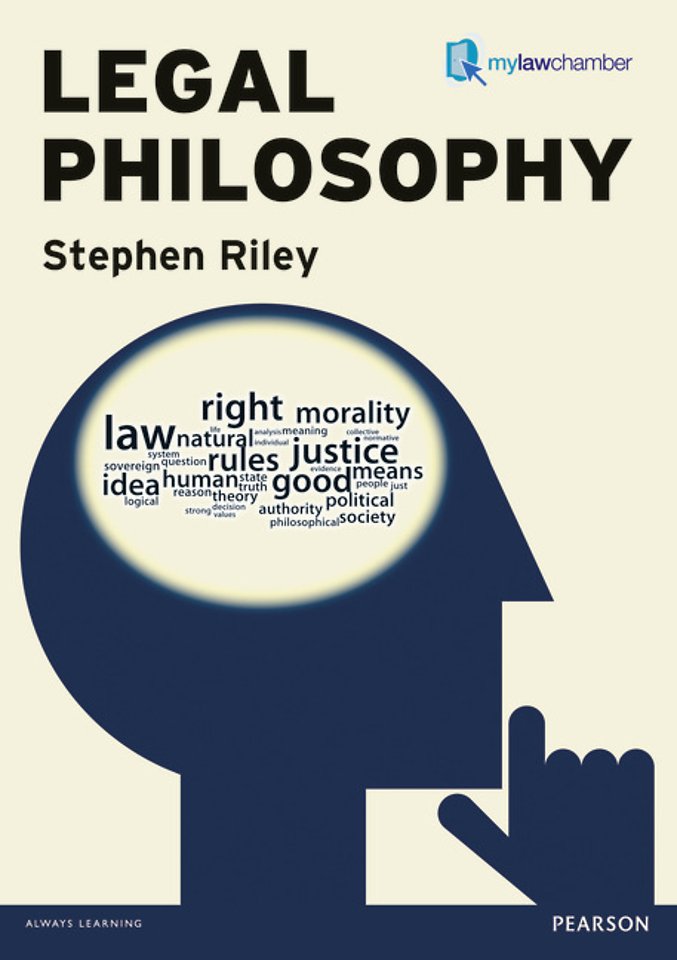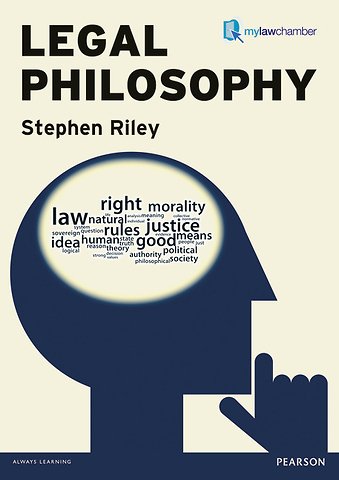Legal Philosophy
Samenvatting
“I consider this to be a well-written and engaging text. The analysis is detailed, appropriate and clear, and reflects a more innovative sense of the jurisprudential issues and problems that are important to undergraduate study.”
Dr. Alun Gibbs, University of Southampton
In some respects, the law can be viewed simply as a system of rules which govern our actions. Yet at the very heart of law lie numerous philosophical questions - questions about how people live their lives, about what it means to be “just,” or about how we should organise ourselves as a society.
In Legal Philosophy, Dr. Stephen Riley offers an accessible introduction to the most important themes shared by law and philosophy. He examines the key concepts that characterise what law tries, or ought to try to do, providing analysis of what leading thinkers and theorists from varying, often conflicting, schools of thought have contributed to our understanding of them. He questions what we mean, what we have meant and what we should mean when we talk about ideas central to law, such as “person,” “good,” “right,” “rules,” and “justice” and, by taking this approach, aims to develop your own skill around questioning and reasoning, providing a springboard to further study.
He also uses a number of innovative devices to help develop your understanding, such as extracted materials which demonstrate where a given concept is evident in “real” law; or the “concept and method” sections at the end of each chapter which help you apply the themes presented.
Clear, lively and engaging Legal Philosophy is the ideal companion for anyone enrolled on legal philosophy, legal theory or jurisprudence courses.
Dr. Stephen Riley is Senior Lecturer in Law at Sheffield Hallam University where he teaches and writes on the philosophy of law, particularly in the areas of human dignity, critical theory and law, and general jurisprudence.

